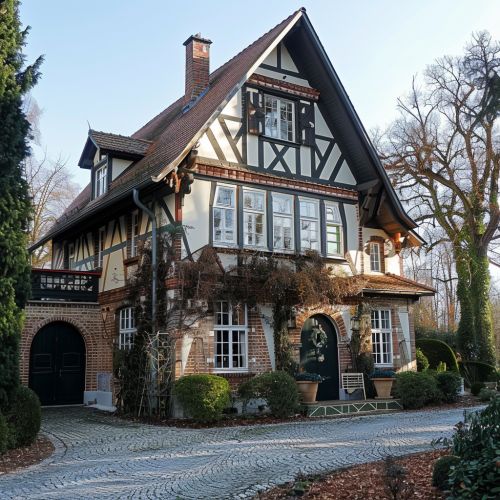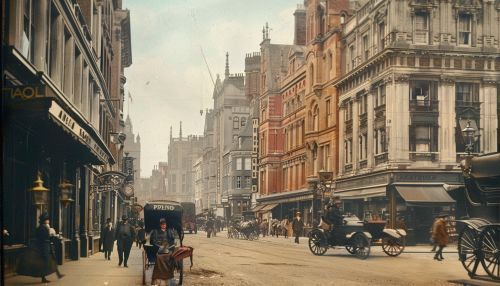Karl Marx
Early Life
Karl Marx was born on May 5, 1818, in the city of Trier, Prussia, now part of modern-day Germany. His father, Heinrich Marx, was a lawyer and a man of the Enlightenment, interested in the ideas of the philosophers Kant and Voltaire. His mother, Henriette Pressburg, was a Dutch Jewish woman who came from a prosperous business family.


Education
Marx attended the University of Bonn at the age of 17. After a year, his father transferred him to the more serious and academically orientated University of Berlin. It was here that Marx's interest in philosophy, and in radical social change, began to take shape.
Early Career
Marx's early career was as a journalist, and his reporting for the Rheinische Zeitung, a liberal newspaper in Cologne, brought him to the attention of the German authorities. The newspaper was soon banned by the government for being too radical and Marx moved to Paris.
Exile
Marx spent most of his life in exile. He moved from Paris to Brussels and then on to London, where he would spend the rest of his life. During his time in London, Marx studied economics and wrote the first volume of his major work, Das Kapital.


Marxism
Marx's ideas, now known as Marxism, argue that society is the history of class struggles and that the capitalist system, characterized by private ownership of the means of production, would inevitably lead to the dictatorship of the proletariat, where the working class would overthrow the bourgeoisie, or capitalist class.
Death and Legacy
Marx died on March 14, 1883, in London. Despite his death, his ideas have lived on and have influenced numerous social, political, and economic theories and policies throughout the 20th century.
